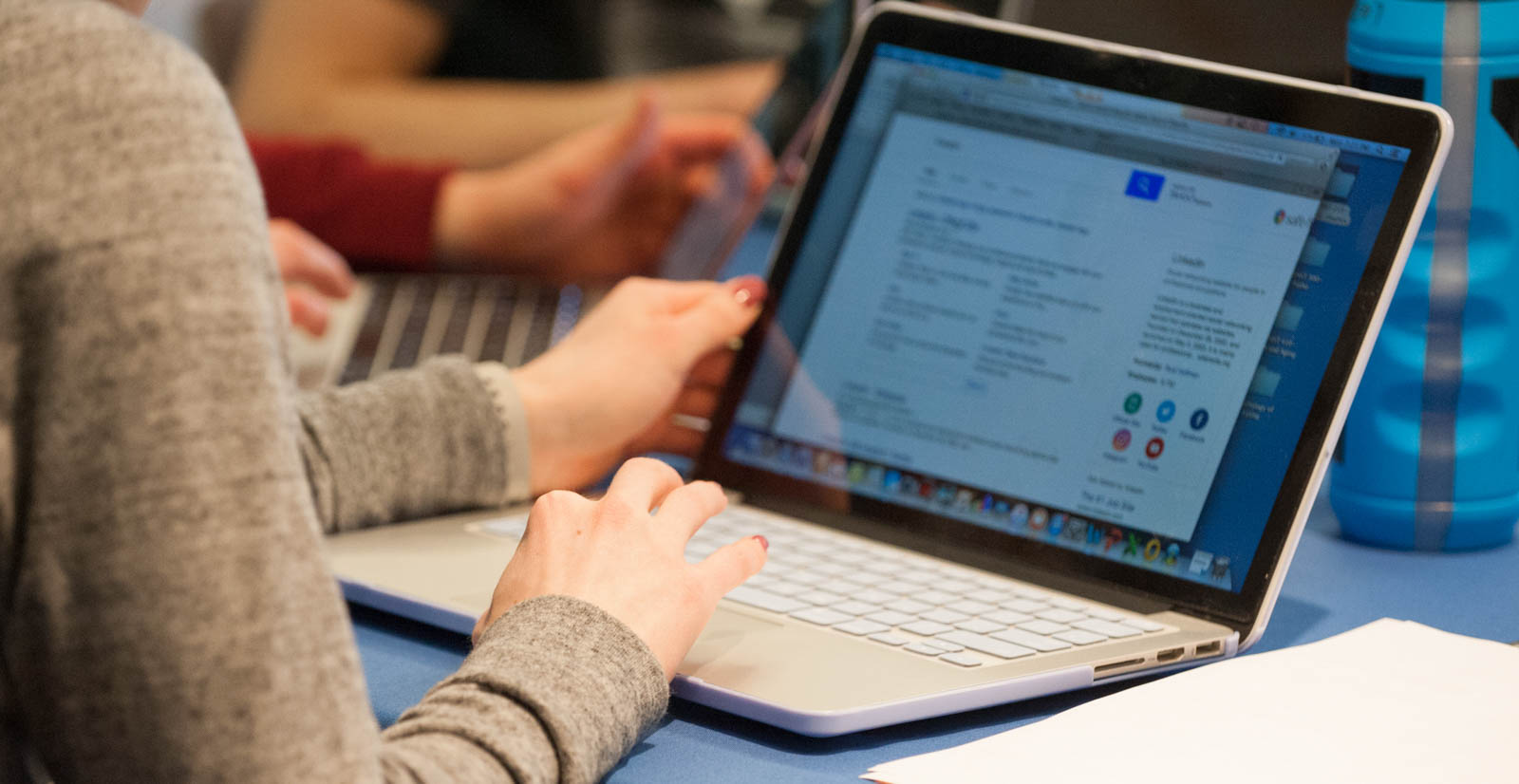
The jobs we work don’t always feel totally relevant to the type of career we want to have. When I was in college, I worked at a couple coffee shops, did some random freelance work, and even took an internship with the Boise State Esports team. Doesn’t seem super connected, does it?
At the time, in my mind, I thought landing my dream job meant I had to exclusively have a certain type of experience to get hired. What I found was, actually, all kinds of work experience ended up being relevant to me getting a job I really love, and in the field I wanted to work in. So, here are some ways you can talk about your summer work (or really any work you’ve done throughout the year) to keep it relevant to your job search.
Find relevant experience
It can be a little stressful to think, “How is my summer coffee shop job relevant to marketing?” or whatever field you’re pursuing, but really it’s more about critically thinking about the work you’re doing. You can piece tasks, projects, and experiences together to show you know how to do the job you’re applying for (because you do!).
Think back on the skills you’ve learned since you started your job. Have you had to organize something? Work on a team? Critically think and come up with a solution to a problem? I bet you have. Now, let’s take those examples and talk about them.
Break it down to simple tasks
Every job you apply for is going to want you to know how to be an effective, independent worker who problem solves and comes up with solutions on their own. You should also know how to cooperate and collaborate on a team. And it’s always good to be able to organize your tasks, schedule, and plan ahead.
Now think about a specific time you had to do one of these things, and write about that. Instead of your resume just saying something like, “Served coffee to customers” instead it could also say, “Created a weekly working schedule and organizational task chart for myself, collaborated with team members to create an efficient workflow when preparing orders, and streamlined our customer rewards program by implementing a new digital points tracking system.”
Be as specific as possible when talking about your tasks. Where did you create your schedule? A weekly planner or Google calendar? What tools did you use to come up with the rewards program? Photoshop for punch cards? Did you learn how to use a payment program like Square? What about Canva for making a visual workflow chart? Suddenly, when you put it like that, you’ve got some very valuable skills using tools like Google Workspace, Adobe Creative Suite, digital payment software, and other third party tools as well. Sounds pretty good on a resume, huh?
Make a working, living resume
Now, you might think about updating your resume just before you apply for a job, but we suggest you do it before you actually need to turn it in. The reason being, it’s easier to talk about projects when you’re right in the middle of them. If you try and think back at the end, you might miss some of the challenges and creative solutions you came up with. We’ll expand more on this in another article later this month about how to create a working resume. But for now, try and remember to write down specifics about the project while you’re doing it, some solutions you came up with at the end, and maybe things you’d do differently next time.
You can always condense these thoughts into a few lines on your resume, but having a whole breakdown can really help when you get asked those tricky, “tell me about a time when…” questions that always come up when you sit down for the interview.
Apply your skills and interests
Don’t be afraid to ask your boss about interesting, relevant projects you could use as work experience. Speaking from experience, when I worked at a small coffee shop in town, I asked to take charge of things like our social media account, some small design work, new drink specials or monthly discount specials, and more. My boss was happy I took the initiative to improve the business and it helped beef up my resume in the process. Don’t be afraid to ask to create something like a new program or business initiative, design a flyer or newsletter, increase social media presence, come up with a promotional video, communication strategy, etc.
There are definitely ways you can incorporate your field of study into the work you do and if you feel really, super stuck about tying in your degree to your summer job, remember you can always do stuff on the side this summer to get extra skills in your free time (like teaching yourself a new skill, taking a class, and reading up on subjects you’re interested in — that stuff always looks great on a resume too!)
So, remember, it’s less about trying to twist your part-time job to fit whatever you’re studying and more about zooming in to the everyday projects you work on. Recognize that no matter where you work, you’re learning stuff about how to become a young professional and employers see and value that.
Author
-

Trisha